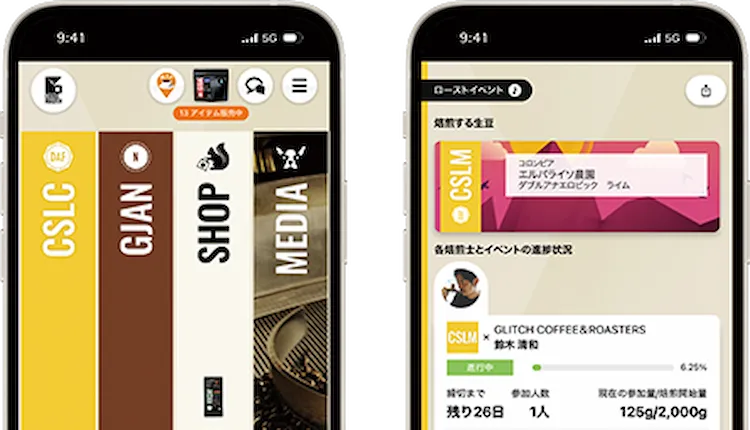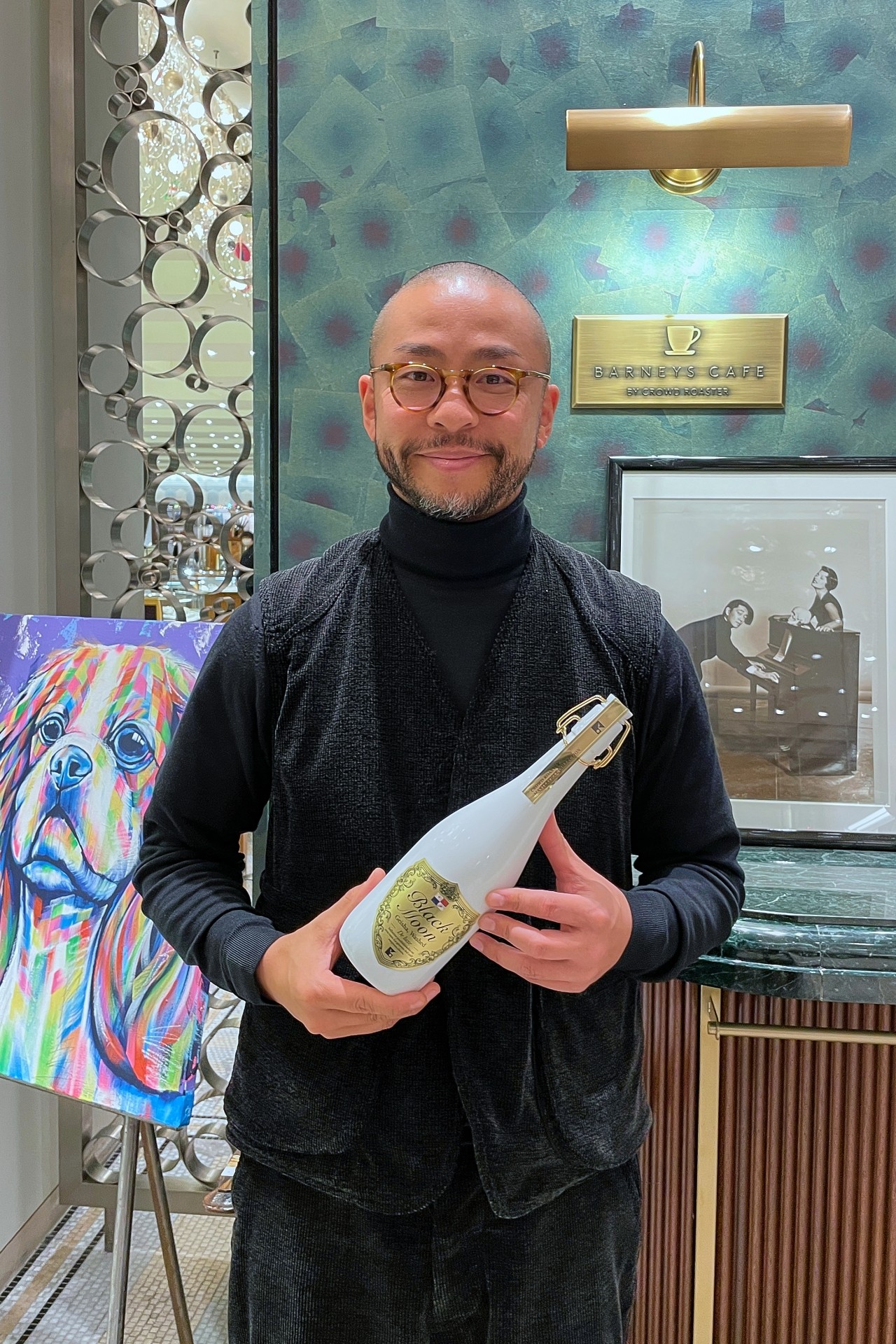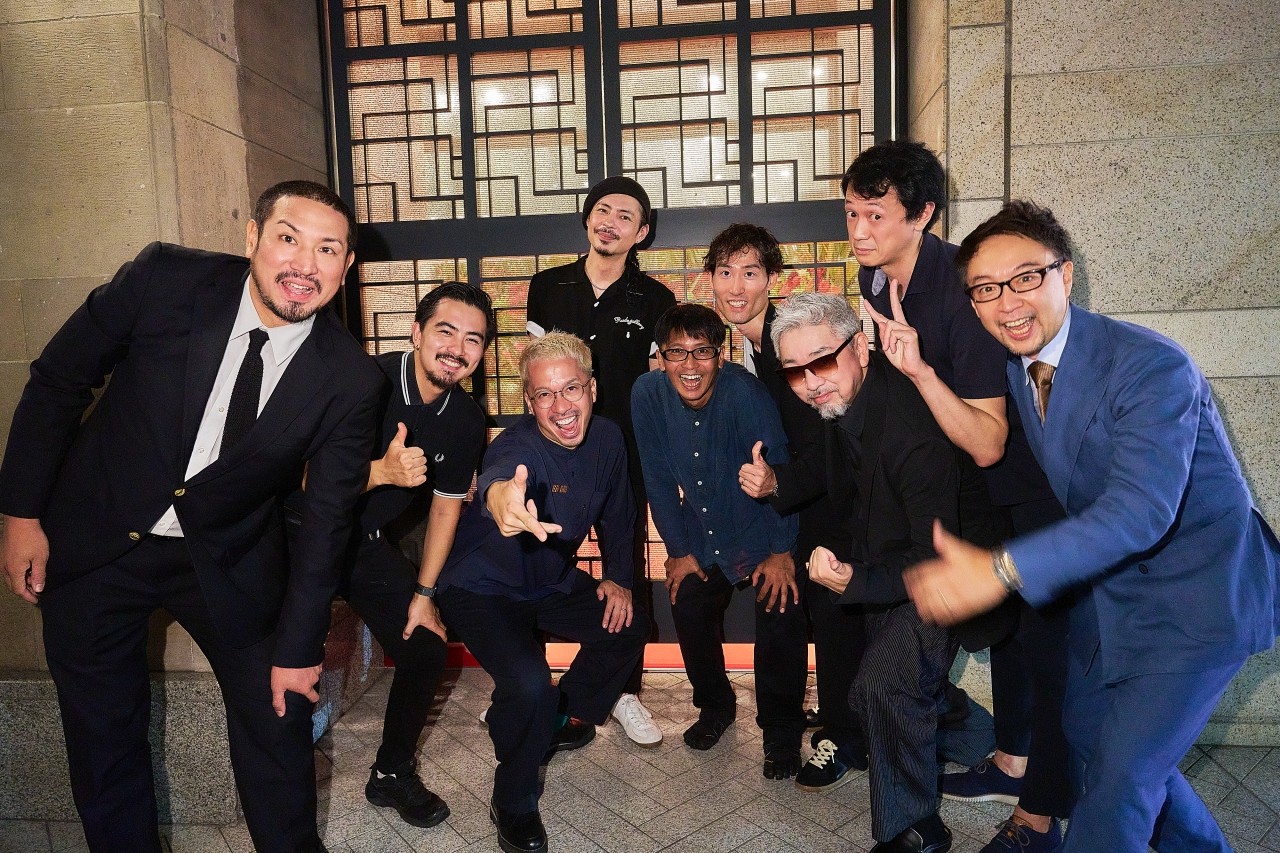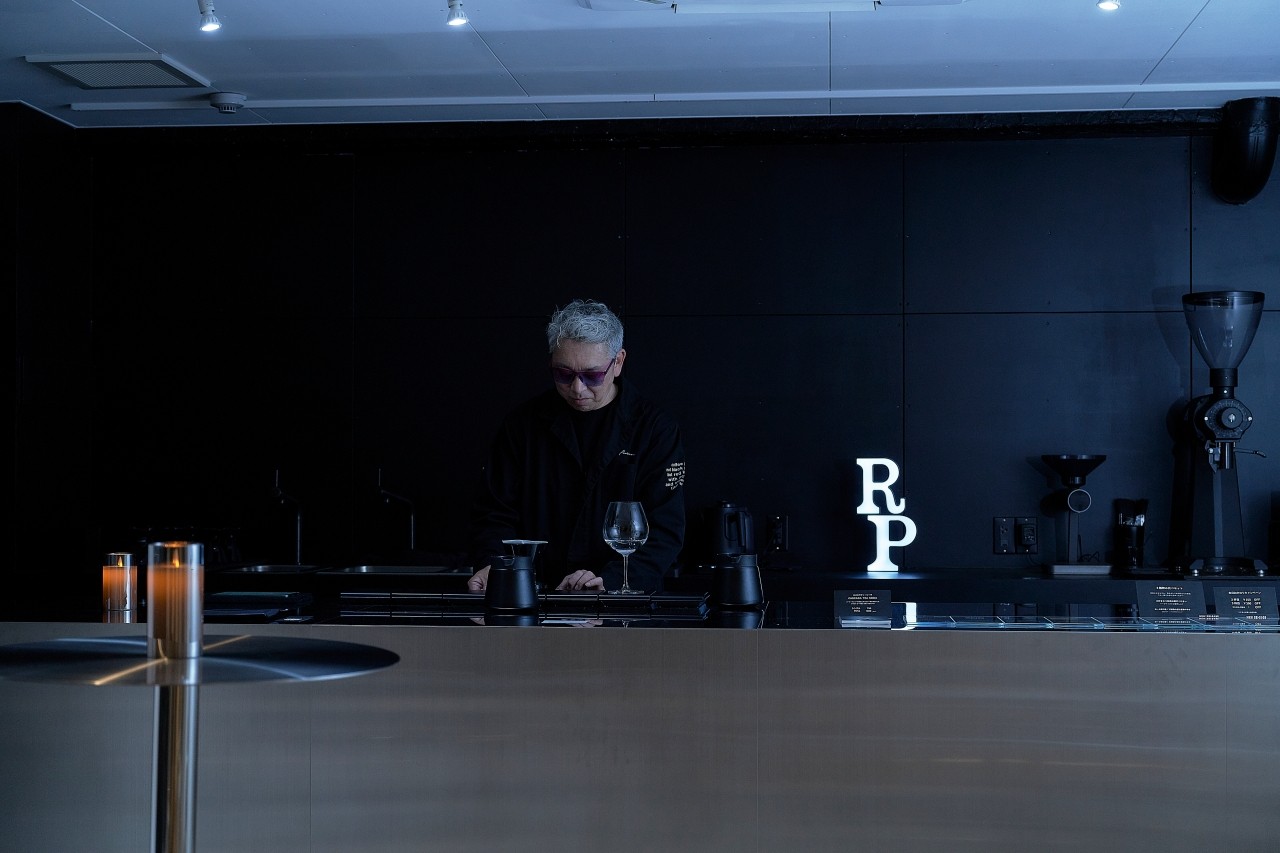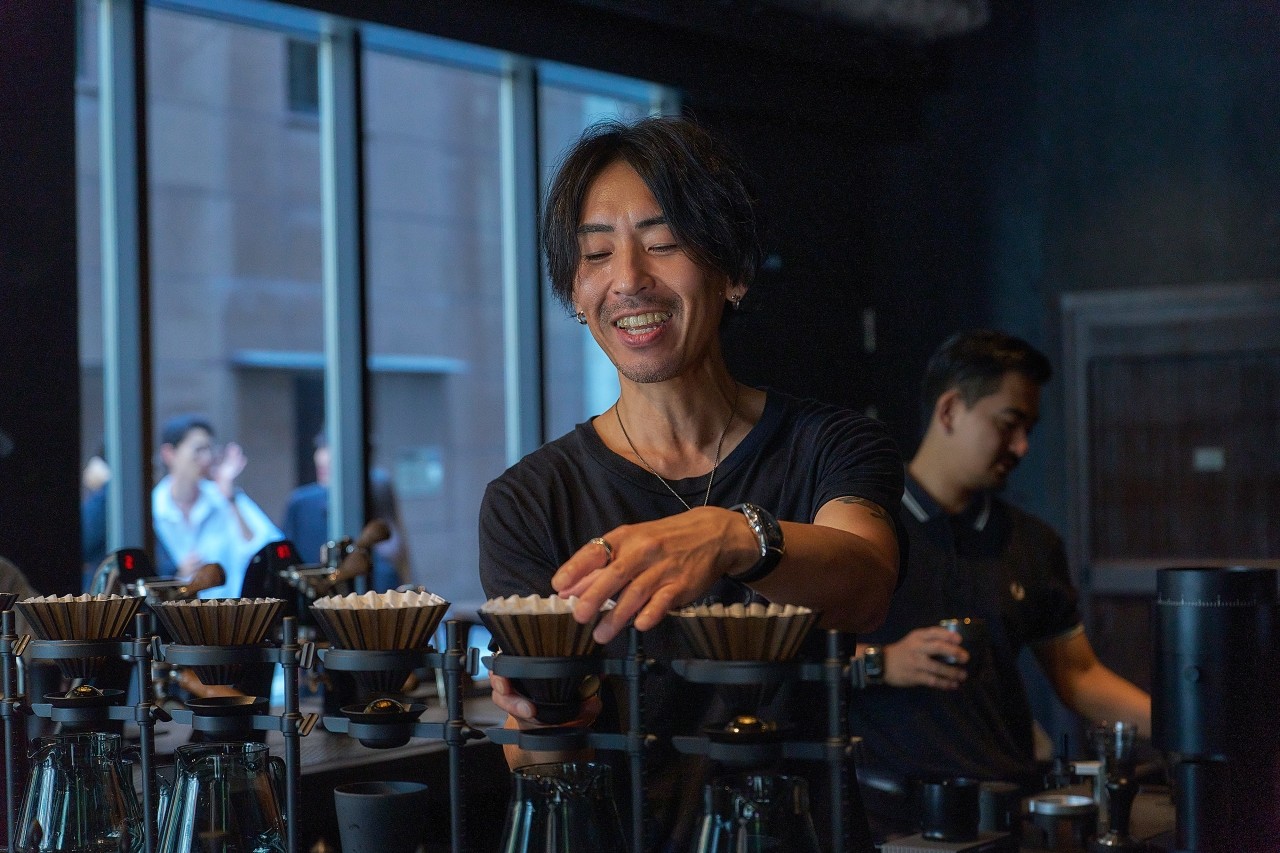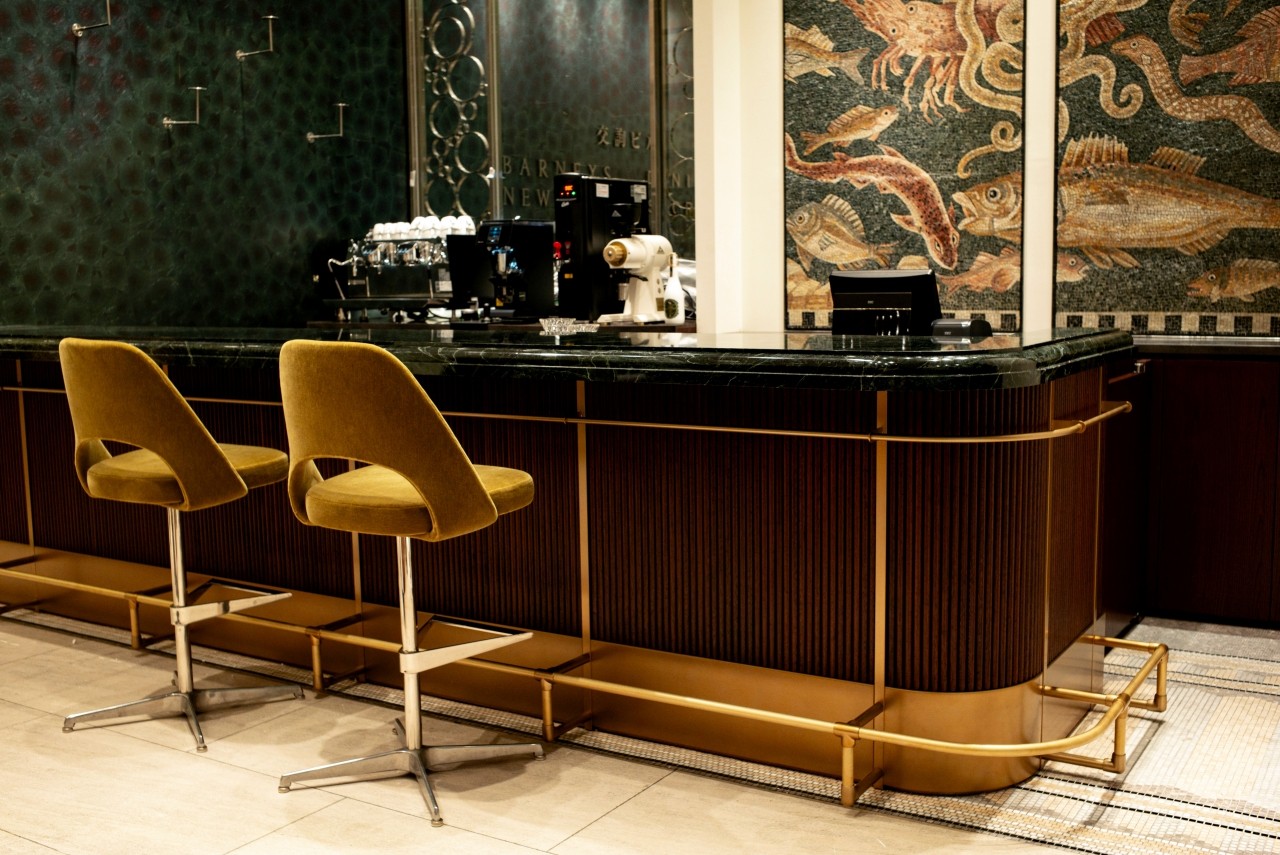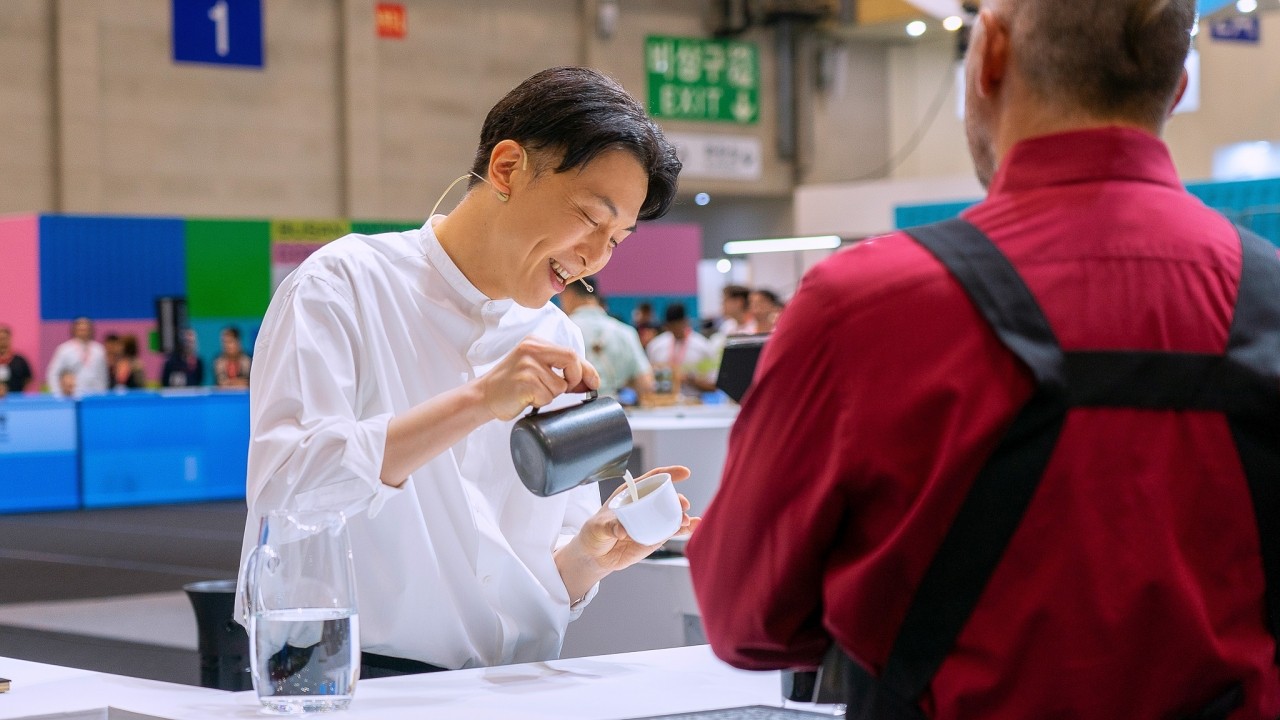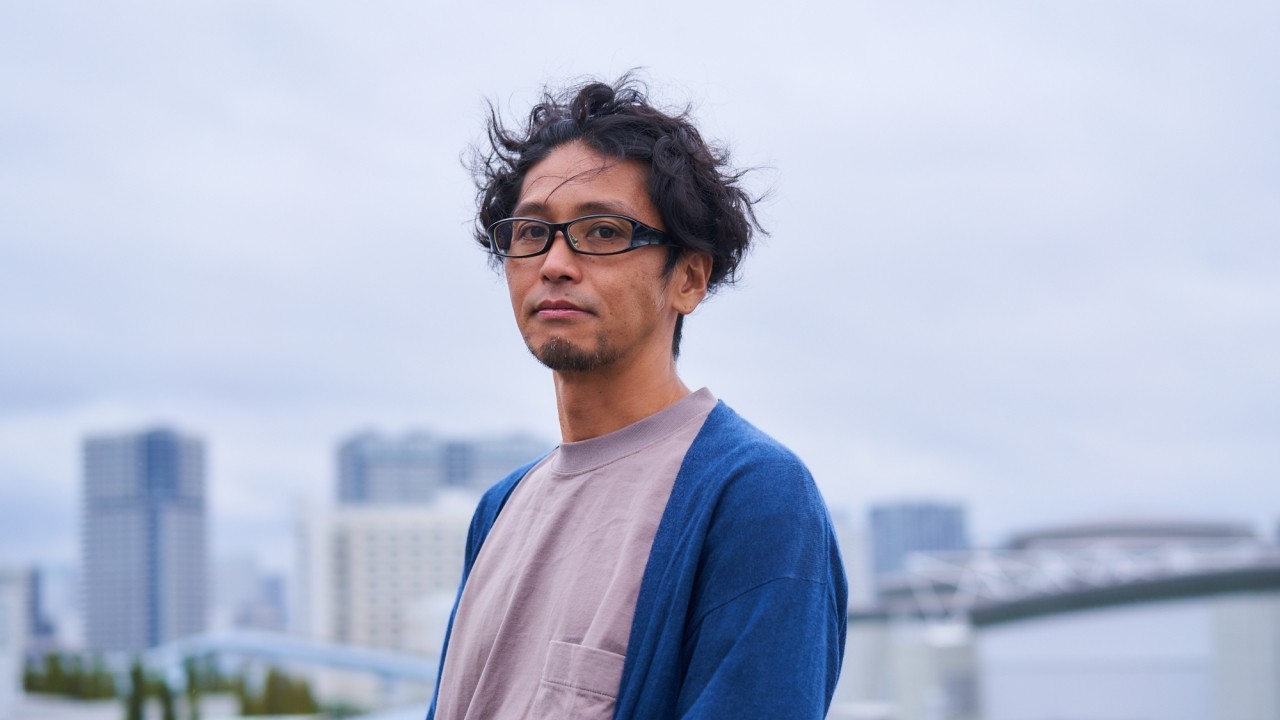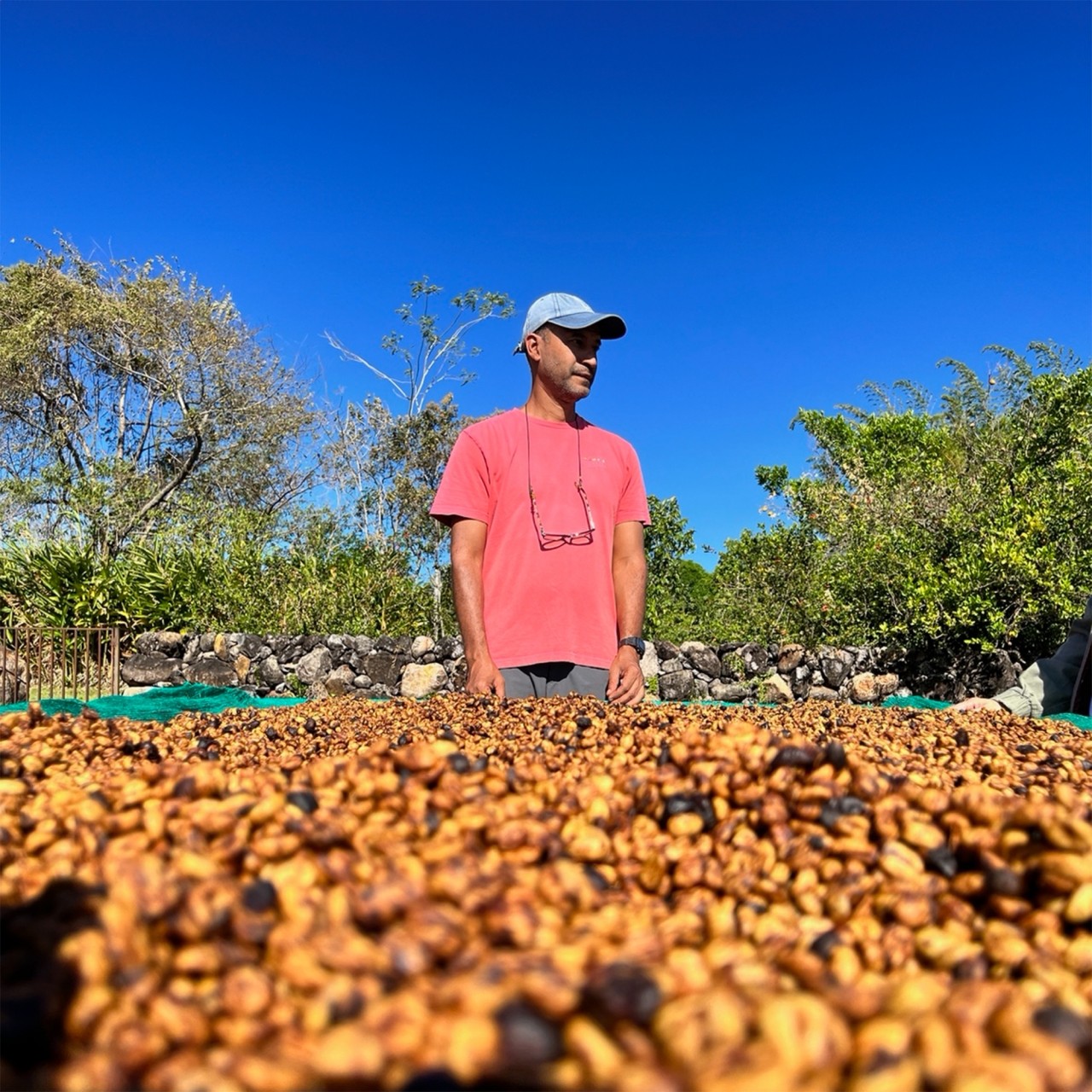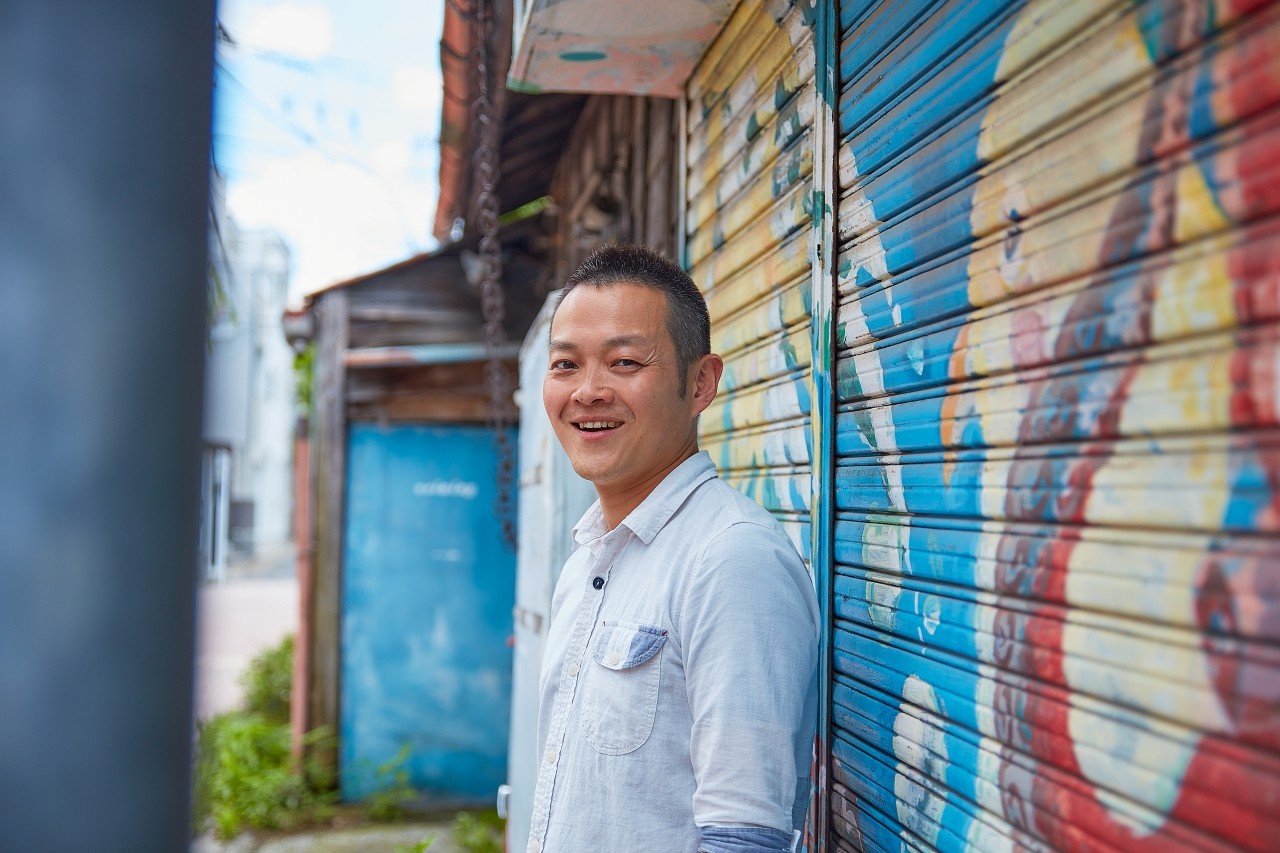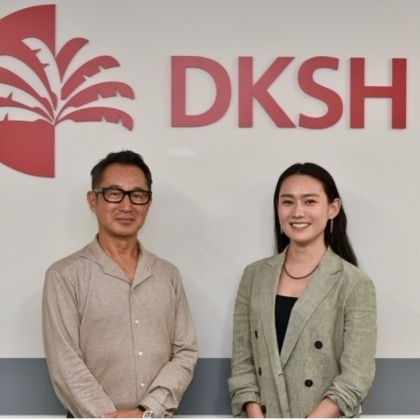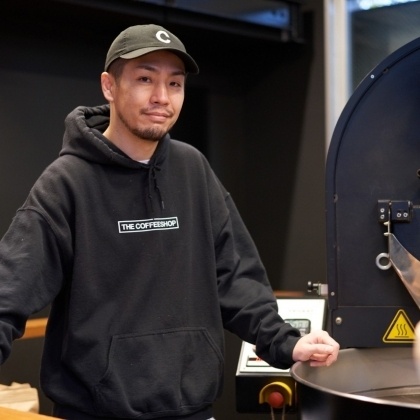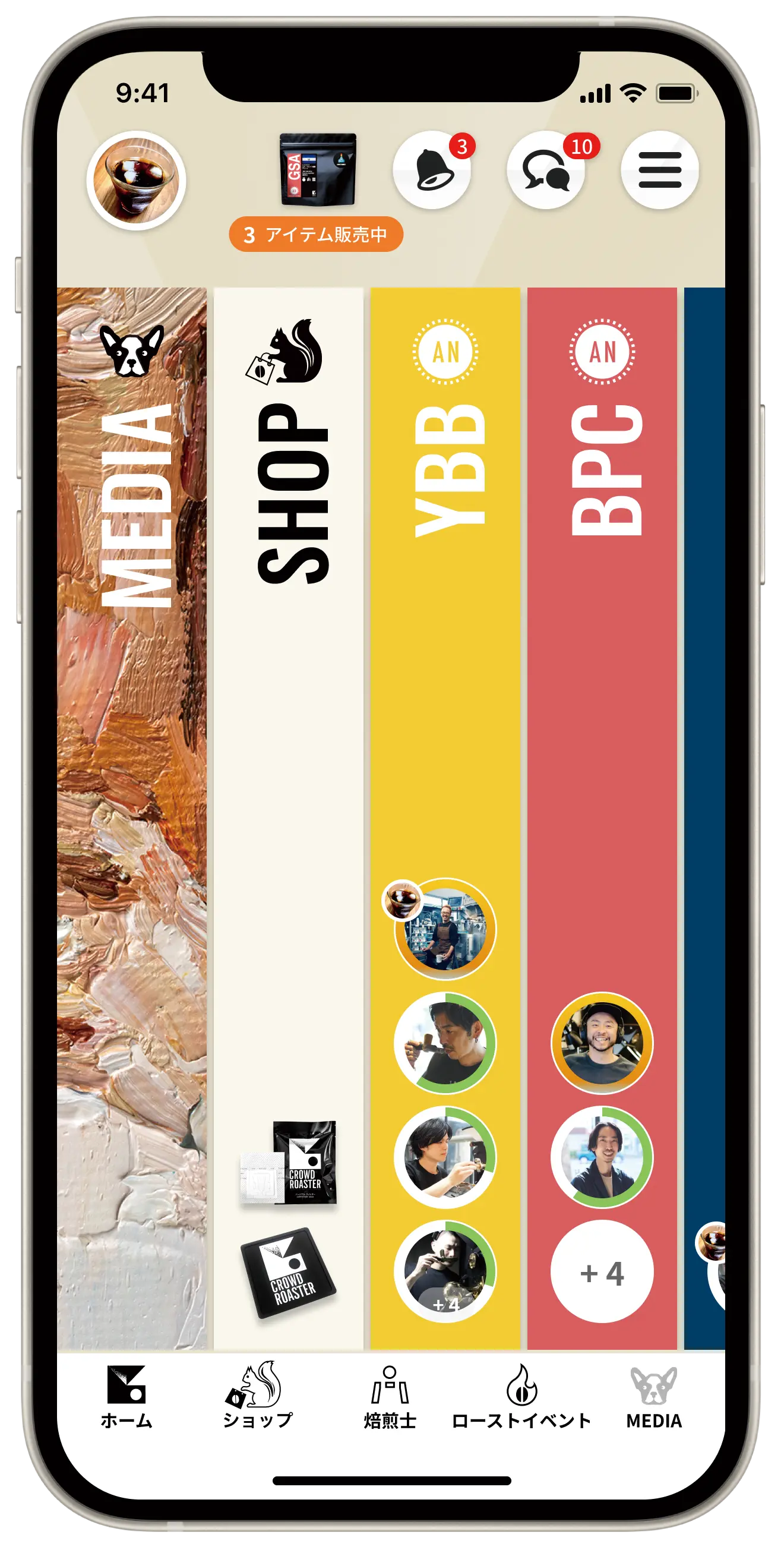Adjustments to achieve the ideal ETHICUS Yoshiya Yamazaki Roasting Engineer
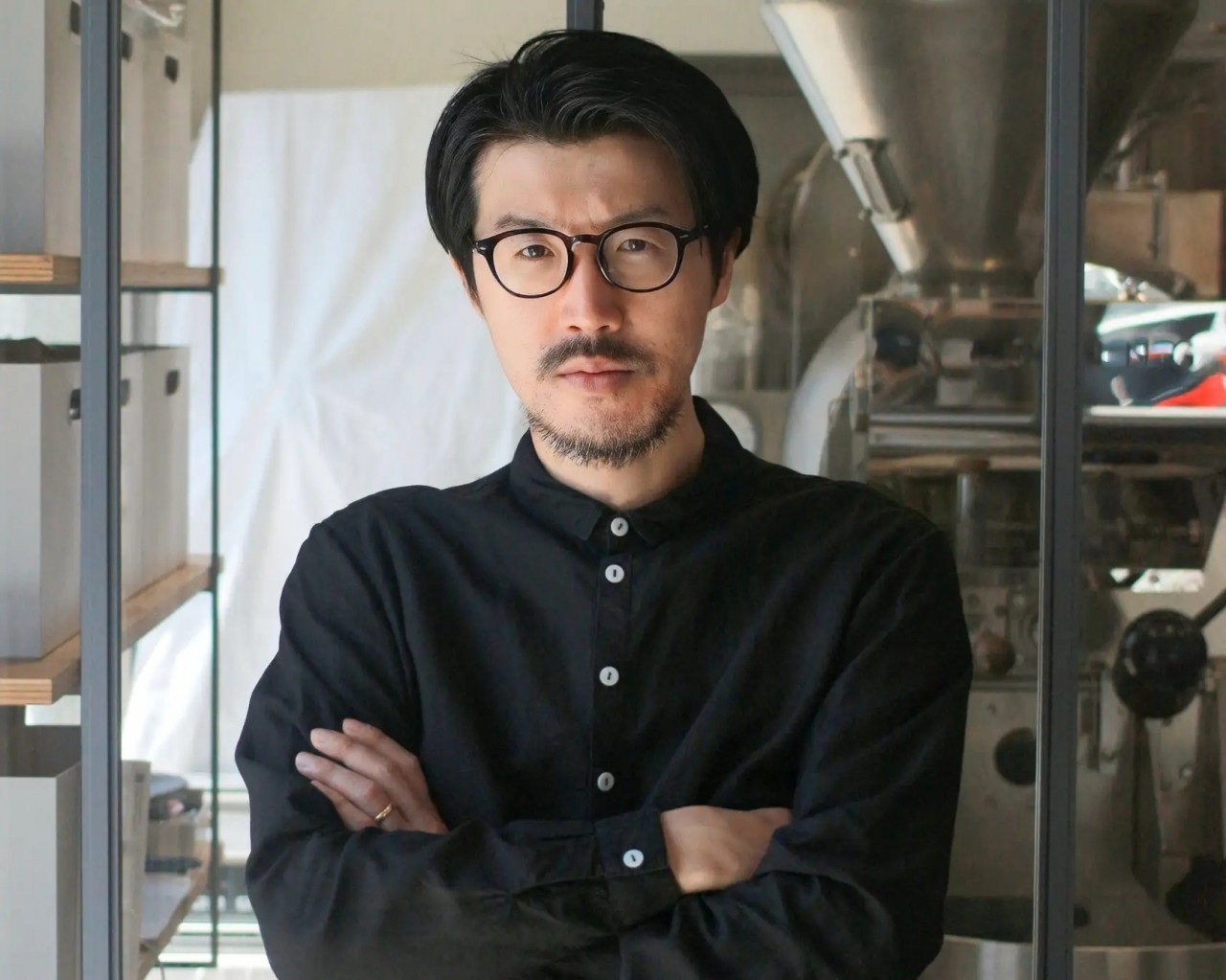
" ETHICUS " is an old Greek word meaning "values, beliefs, etc."
The store that uses this as its name is a specialty coffee shop founded by owner Yoshiya Yamazaki in Shizuoka, the city with the highest consumption of Japanese tea in Japan.
After gaining over 10 years of experience as a barista, Yamazaki opened a cafe in his hometown of Shizuoka. In pursuit of the flavor he was looking for, he learned roasting techniques at Manabu in Germany, and the roastery is now known nationwide as a representative of the region.
When we asked Yamazaki about his thoughts on coffee and his approach to roasting, we were impressed by how he has a slightly different way of thinking than other roasters.
Yamazaki calls himself a "roasting engineer" and has a unique obsession with not changing the roasting profile depending on the beans. What is the secret behind his coffee?
Made in Shizuoka, the land of tea
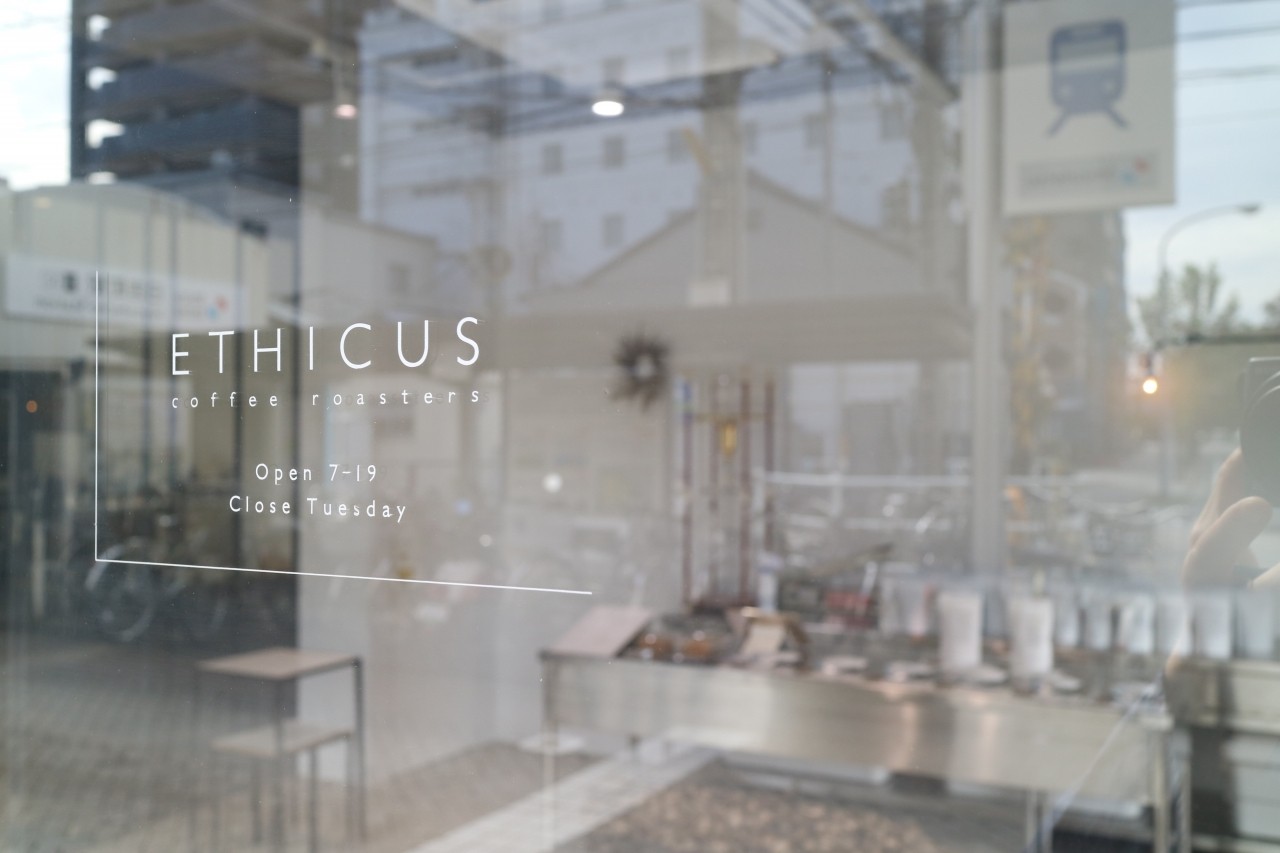
Yamazaki from ETHICUS is known for his light roast specialty coffee. He says he wasn't a big fan of coffee to begin with. One of the reasons for this is his hometown of Shizuoka.
"Shizuoka has a strong tea (green tea) culture, and tea is always served at dinner. I grew up there, so I had almost no exposure to coffee. I was used to the delicate flavor of tea."
In high school, he was passionate about punk rock bands and Manabu in Manabu business, but even though he still drinks coffee with sugar and milk, his image of it as a "tasty drink" remains unchanged.
The turning point came when a friend said something to me.
"I chose to work in the real estate industry because the salary was good. Later, when I changed jobs, I went to MUJI because of the furniture I loved. But I was always vague about what I wanted to do.
At that time, a friend told me about his dream of becoming a coffee shop owner. At the time, there was a cafe boom, and the popular shops were very particular about their furniture, so I went to cafes just to look at the furniture.
He had always wanted to open a cafe, but he also wanted to do Manabu properly, so he changed jobs and joined Segafredo Zanetti Espresso in Shibuya. Although he doesn't like coffee, he chose an espresso shop because "it was the closest coffee shop to my workplace (laughs)."
The only thing I could drink was espresso, which I didn't like.
In the end, he did not open a shop with his friend, but instead continued working as a barista at Segafredo for a long period of 10 years.
"Actually, I had been to Segafredo once when I was a student at Manabu , but at the time I thought there was no way I could be satisfied with such a small amount of espresso, it was bitter, and I never wanted to go again.
However, the espresso made by a man at Segafredo whom I respected as my mentor was incredibly delicious.
Espresso is often thought of as having a strong sour or bitter taste, but when the balance is perfect, the sourness and bitterness disappear and only the sweetness remains.
Back then, there were no tools like we have today, and we extracted the powder without even measuring its weight."
After spending a year single-mindedly pursuing the perfection of espresso extraction with the goal of matching his master's taste, he decided to head to Naples alone to experience the real thing.
"I lost sight of the question, 'What is good coffee?' So I wanted to try some really good coffee, and while I was working there I visited nearly 200 coffee shops. But in the end, when I came back to Japan and tried my master's coffee, it tasted better."
Having decided on the desired taste, Yamazaki then put in even more effort, painstakingly recording the temperature, amount of beans, humidity, and other data in a notebook every hour.
Continuing this accumulation, he eventually won an internal company competition.
Segafredo's level was so high that two employees won prizes at the 2003 Japan Barista Championship, and he became the barista who best extracted espresso.
"I even won an in-house competition. But I still thought my espresso wasn't tasty, that something was wrong with it, and before I knew it, 10 years had passed."
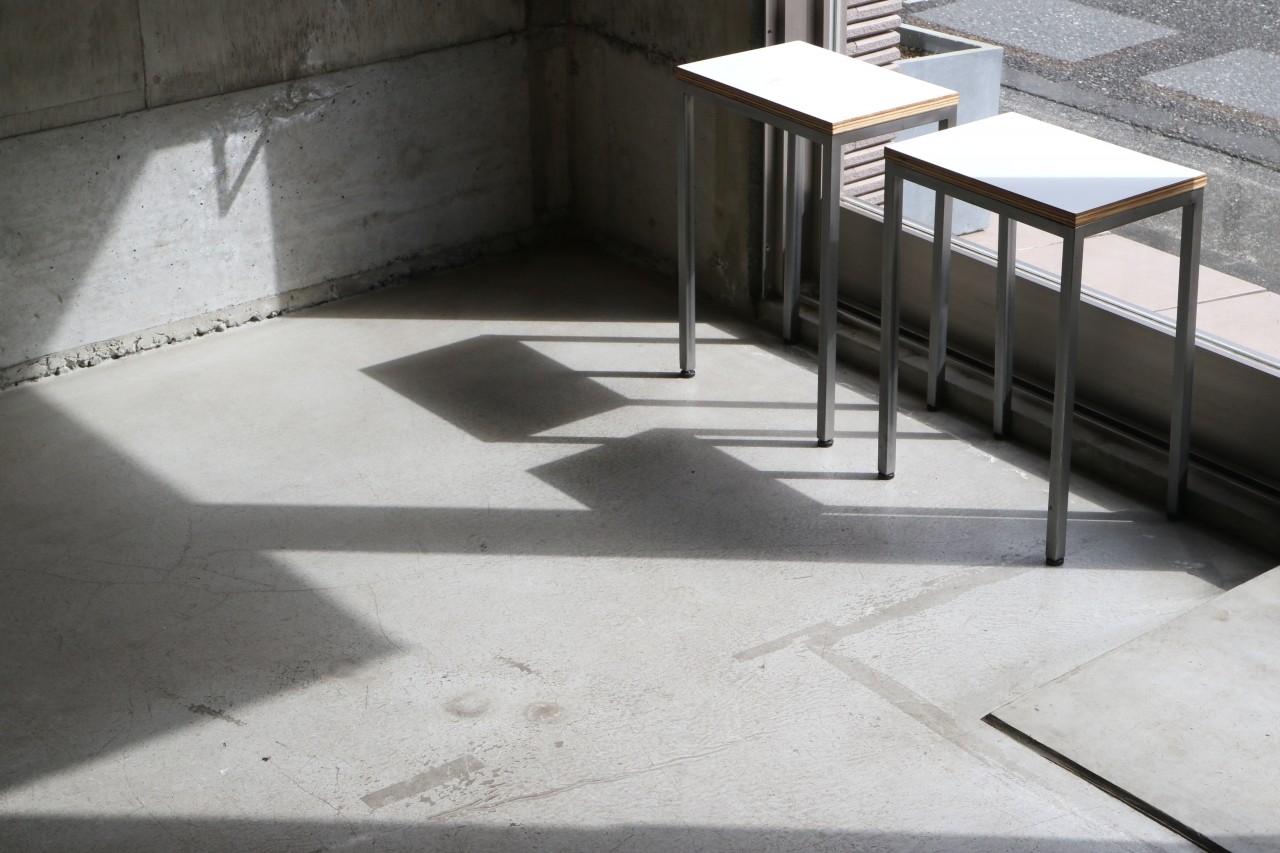
A word from Arise Coffee's Mr. Hayashi led me to the world of roasting
What inspired Yamazaki to try roasting coffee was Arise Coffee, a famous specialty coffee shop in Kiyosumi Shirakawa, Tokyo.
"I've always wanted to make and drink delicious coffee that even someone like me could enjoy, even though I don't like coffee. But Segafredo beans are a commodity, and I couldn't even choose the beans."
With this in mind, I had a fateful encounter with Mr. Taiki Hayashi of Arise Coffee. When I visited the store, which is a little hard to get into, we hit it off talking about anime.
He said that the biggest shock of his life came from a recommended coffee called "Princessa Winey" made by a producer in the Dominican Republic named Alfredo Diaz.
"I was amazed that such a drink, or liquid, existed, and I started going there."
After that, Yamazaki decided to return to his hometown of Shizuoka when he got married and started a cafe there, making use of his experience as a barista.
This is where you really begin to feel the difference roasting makes.
"While running the cafe, I started to think that the roasting wasn't what I wanted, and that even the same brand must be different depending on the roasting. I wanted to extract something that I thought was delicious. Gradually, I started to think, 'Maybe it would be better if I roasted it myself...'
I had a feeling that I could extract delicious coffee roasted by Hayashi of Arise, but he didn't sell it wholesale. So when I consulted with Hayashi, he said, "Maybe it's time to do it yourself?" and gave me the push I needed, so I immediately bought a roaster and started roasting at home."
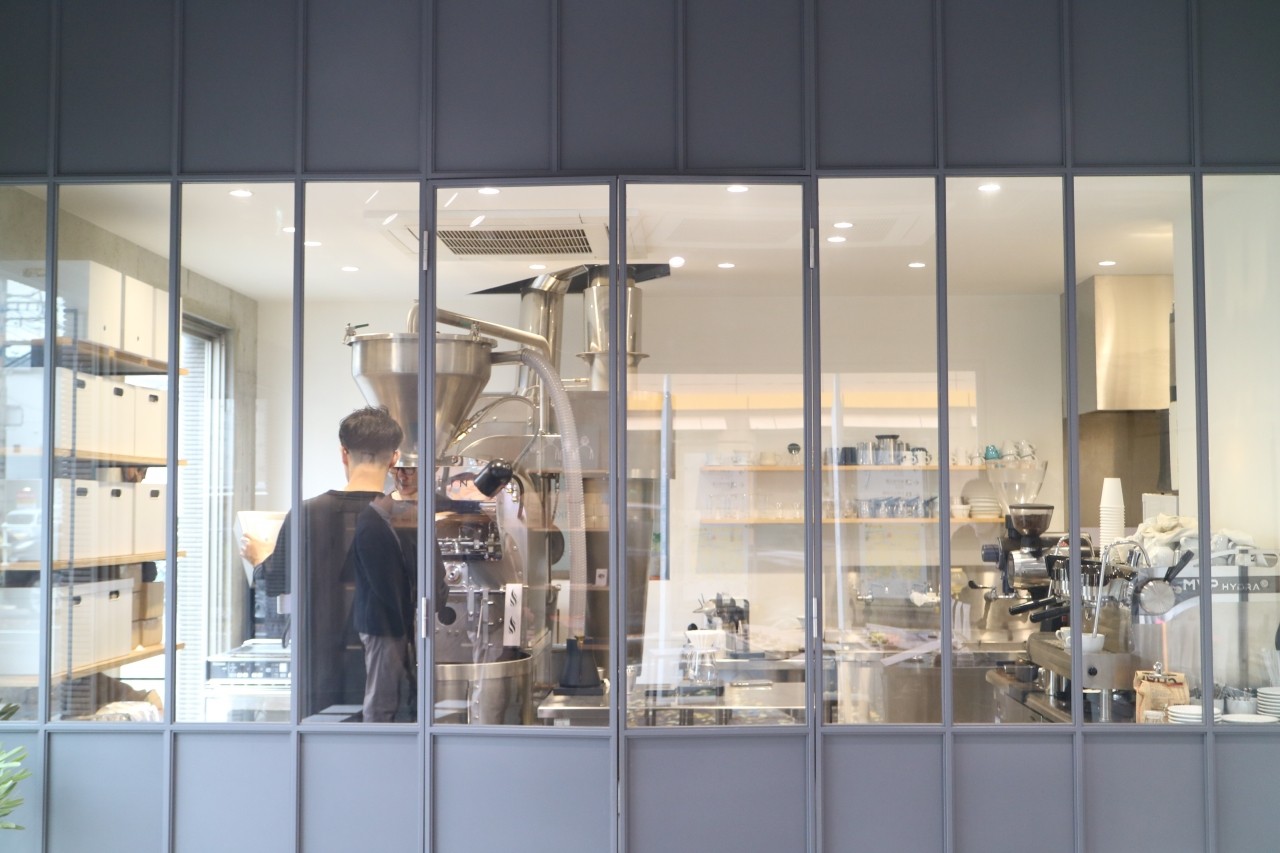
The roasting method I arrived at by pursuing my own taste
Yamazaki isn't a great coffee drinker and starts from the premise that coffee isn't tasty.
"I had always thought that a barista's job was to make something that tasted bad taste delicious. But I realized that if I used more delicious ingredients, more delicious coffee beans, I could use my barista skills to make incredibly delicious coffee."
The roasting techniques he started working on were not Manabu to him by anyone, but were acquired by Manabu through continuous roasting. He collected various data, faced the roaster and the coffee, and searched for the right answer within himself. The roasting process was different from that of Arise Hayashi.
"At first, I was aiming to make Arise coffee, but gradually our paths diverged. Maybe it's just my personality, but Hayashi-san's coffee is still incredibly delicious, but there are good and bad parts to it. I focused on getting rid of the negative elements, the bad aftertaste."
Yamazaki has been trying to eliminate the negative aspects of himself. As a result, even though he and Hayashi brew the same coffee, they are completely different, but both are delicious. And Hayashi says that he approves of that.
"I was trying to surpass (Hayashi), but then my direction changed. I want people to know that all the shops are delicious, but the taste of each coffee is different."
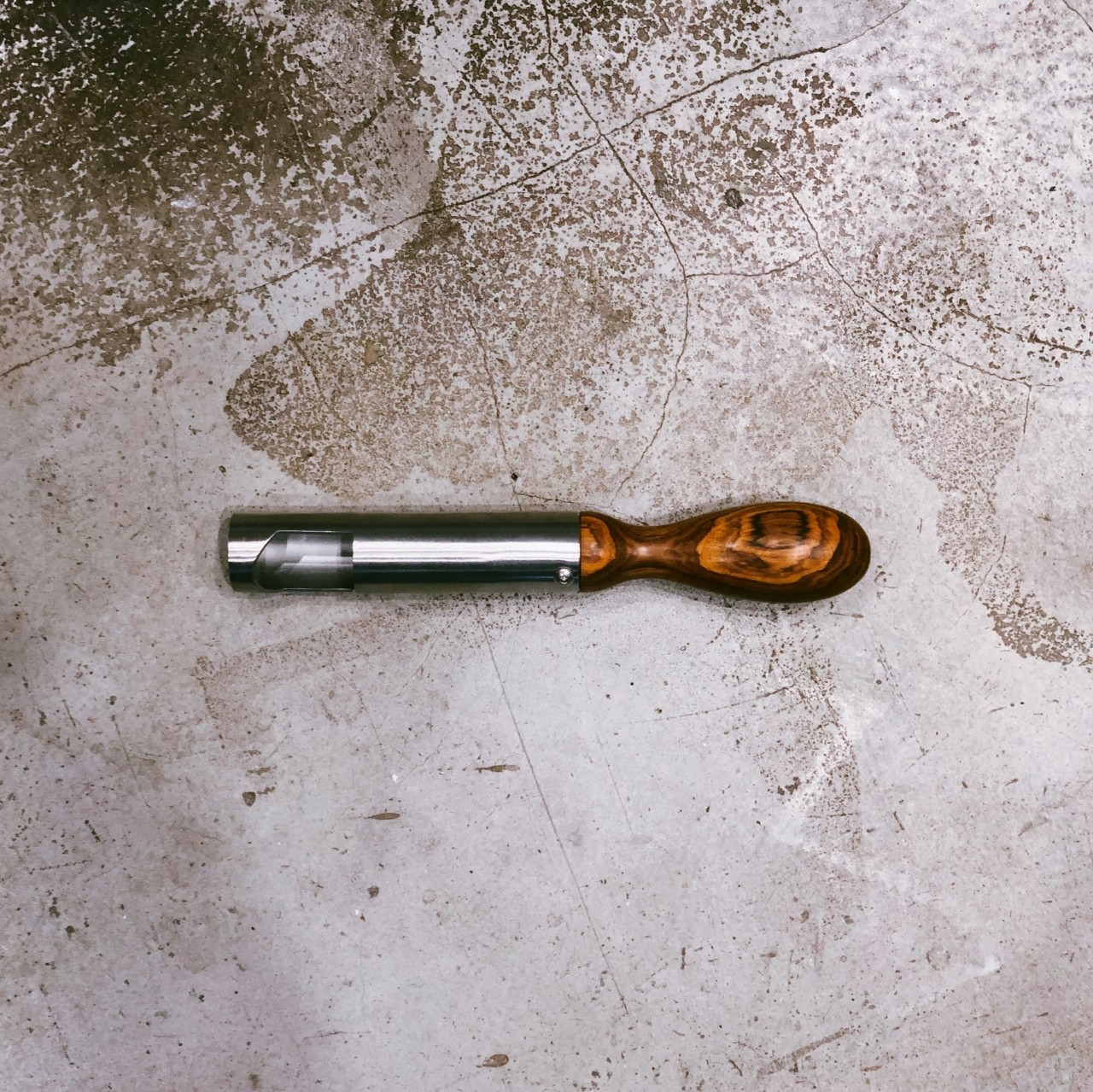
Control the roaster, not the beans
For Yamazaki , roasting is the process of converting the energy contained in the beans as a plant into the flavor and umami of coffee.
"I think it's because I grew up in the countryside, but I think that when it comes to agricultural products, tightly packed beans taste better. When it comes to coffee beans, the word 'withered' is used to describe beans that have lost the nutrients in the germ, which is necessary for germination, but no matter what you do, they won't taste good."
In the end, coffee is more delicious when it is packed with nutrients for germination and has strong plant energy. This is immediately evident when roasting the beans, as the rich nutrients change during roasting, creating complex flavors.
What surprised me when I asked about the roasting process was that the profile doesn't change depending on the beans.
"Of course, that's only possible because we have a good understanding of the beans. We don't make any particular changes to the premix (which is blended before roasting). All beans are different, so it's only natural that they won't all taste the same. If we use the same roasting method, the differences due to the individual characteristics of the beans will ultimately become clear."
"Since we can't control the beans, we control the machine (roaster). We adjust the machine to make sure the beans go through the same steps and react the same way every time -- if we can do that, it's the same roast."
For this reason, they rarely do test roasts.
Even the brands in CROWD ROASTER participation commemorative tasting set, which I must have seen for the first time, had not been test roasted.
"Sorry, I haven't (laughs). I did check the condition of the green beans I was given for testing, but..."
When we interviewed Yamazaki about joining CROWD ROASTER , he said, "From the moment I started roasting, my dream came true." Once the roasting method has been adjusted, any beans can be roasted the same way. All that's left is to start roasting.
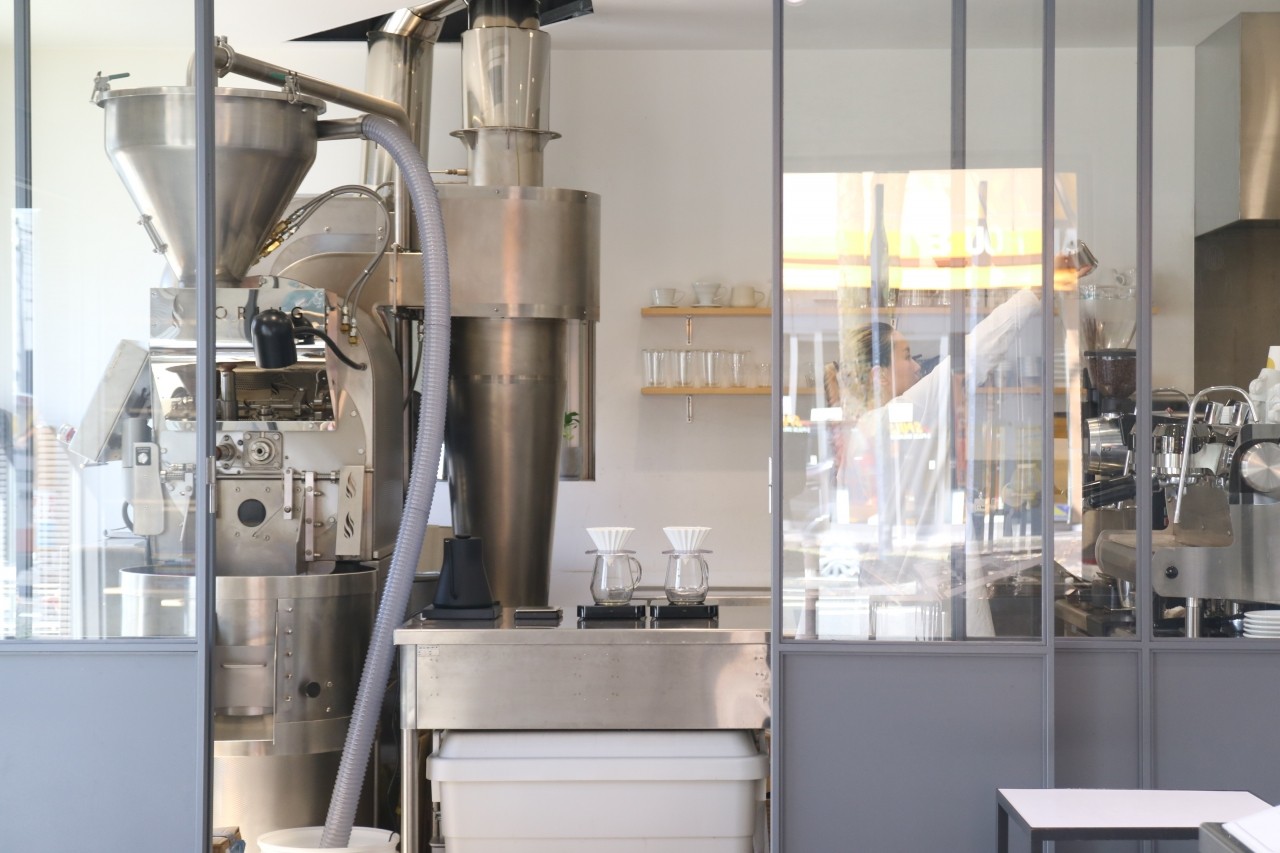
Why we call ourselves "roasting engineers" instead of "roasters"
For Yamazaki , the job of "roasting" fits perfectly with the job of an "engineer" who adjusts roasting equipment.
"That's why I call myself a 'roasting engineer' rather than a roaster. A roasting engineer is someone who takes coffee beans that would normally be inedible and turns them into a delicious ingredient. A barista is someone who turns those beans into a delicious drink."
Finally, we asked Yamazaki about his own expectations for CROWD RASTER.
"There hasn't been a service that focuses on roasting like this before. I'll just do what I have to do as a roasting technician, and I hope that users will enjoy it."
Yamazaki has mastered the skills of a barista and roaster through trial and error, focusing on the flavor he desires. His coffee, backed by solid experience, is a unique method that does not compromise but does not change the roast depending on the beans, as the ultimate roasting technique.
As an engineer with exceptional commitment, Yamazaki 's coffee is something we would love for you to try.
A tasting box of three different types, including a new brand, is now available!
This time, to commemorate Yamazaki 's participation in CROWD ROASTER the special set `` ETHICUS harmonia BOX'' of a new roaster and new brand has been chosen. It consists of three types of coffee with different roast degrees: La Primavera ``GLP'' from Ecuador and Tim Factory ``KKW'' from Kenya.
"I've actually dealt with Tim Factory before, and it's one of my favorite farms. They have a wide range of roasts, from light to dark, and all of them are delicious.
If you roast it lightly, you get a strong blackcurrant flavor. If you roast it darkly, like a full city roast, you get a strong blackberry flavor and the acidity is toned down. It gives off a grape-like flavor and a little wine flavor."
On the other hand, Ecuador's coffee is a rare variety from farms in the Galapagos Islands.
"There are three varieties: muscat grapes, chamomile, and honey. It feels like the terroir of Ecuador, or the quality of the soil, is coming through."
Yamazaki roasts coffee to bring out the individuality of the beans to the fullest, so be sure to try out the unique flavors he creates with this box, as well as by requesting a roasting event for various other beans.
Shop Information
ETHICUS coffee roasters
2-21-12 Takajo, Aoi Ward, Shizuoka City, Shizuoka Prefecture
OPEN: 8:00-18:00
CLOSE : Tue
If you want to enjoy coffee more deeply
" CROWD ROASTER APP"
Manabu at CROWD ROASTER LOUNGE
・Push notifications for article updates・Full of original articles exclusive to CROWD ROASTER
・Direct links to detailed information about green beans and roasters
App-only features
- Choose green beans and roasters to create and participate in roasting events・CROWD ROASTER SHOP: Everything from beans to equipment is readily available
・GPS-linked coffee map function
